DanceSafe is a nonprofit organization with 9 local chapters in the US and Canada that was founded in 1998 by Emanuel Sferios. Stefanie Jones, nightlife community engagement manager at the Drug Policy Alliance, had an interesting take on her experience on the other side of the story as a DanceSafe volunteer at Mysteryland USA.
What is DanceSafe?
Every weekend across the U.S., 21 million college students make choices about how they are going to party. Will it be a sober night, or will they choose to consume alcohol or another drug of unknown origin, potency, or composition regardless of rules or prohibitions against doing so? Based on government data about drug use, we can conservatively estimate that in the last month 12 million students chose to consume alcohol, 4 million marijuana, and another 4 million another drug. Thousands of students were likely involved in distributing illicit drugs and alcohol, usually through sharing with friends. A few of them will be evicted from campus housing, ineligible to receive grants, expelled from school, or thrown into the criminal justice system where their futures will be wasted as surely as the tax dollars used to house them are. – DanceSafe.org
DanceSafe is a peer-based, harm reduction organization promoting health and safety within the electronic music community. They provide a non-judgmental perspective to help support people who use, engage in conversations about health, drug use, and personal safety, and they provide free drug testing kits to ensure you are knowledgable about what you choose to put in your body.
Stefanie Jones with the Drug Policy Alliance was shocked when DanceSafe was not only allowed to host a booth at Mysteryland USA and other large festivals around the world, but was also labeled on the event maps for easy navigation. She goes on to discuss the amount of deaths at festivals are largely due to festival organizers choosing to remain silent on the problem rather than appear in support of illegal consumption.
When Banning Drugs Doesn’t Work
The conclusion to her experience was that if more festivals welcomed safe havens like DanceSafe, festivals deaths would decrease. In addition to welcoming DanceSafe on its grounds, other forward-thinking events invite The Multidisciplinary Association of Psychedelic Studies’ Zendo Project and PLUR Angels; both are services that assist partiers who may be having a difficult time and are in need of professional attention. This kind of recognition and forward-thinking attitude on consumption in the U.S. would lead to “A festival with no deaths, no major medical incidents, and a persistent feeling of goodwill among attendees and their local law enforcement and public health hosts…”
Stefanie also remarks Portugal’s Boom Festival as an exemplary model for American music festivals to look to. Use and possession of all drugs have been decriminalized in Portugal since 2001, resulting in onsite drug testing and other progressive organizations that help concertgoers in need. Jones sees these developments as a step closer to a healthier, death-free party future.
CNN’s Lisa Ling also went behind-the-scenes with Gramatik at Mysteryland USA on last night’s episode of “This Is Life” to show America the truth behind the re-emergence of rave culture. Read and watch more of that hour long expose here.
STAY IN THE KNOW! SIGN UP FOR THE RUN THE TRAP NEWSLETTER
Read more from author Sydney. Follow her on SoundCloud, Twitter, and Instagram.
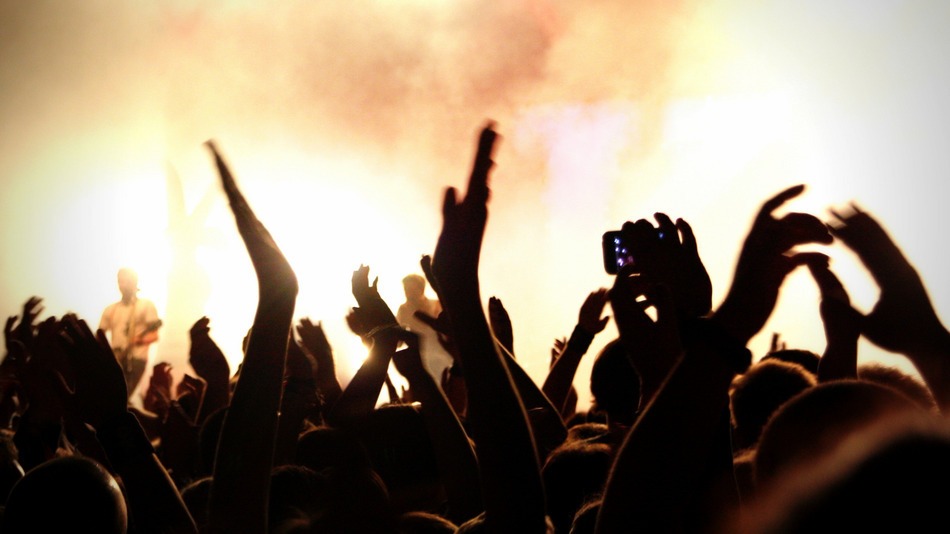
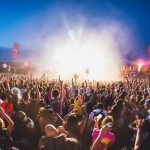
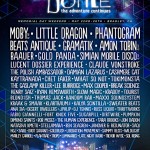
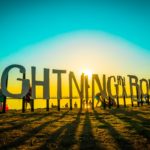


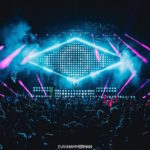


Leave a Reply
You must be logged in to post a comment.